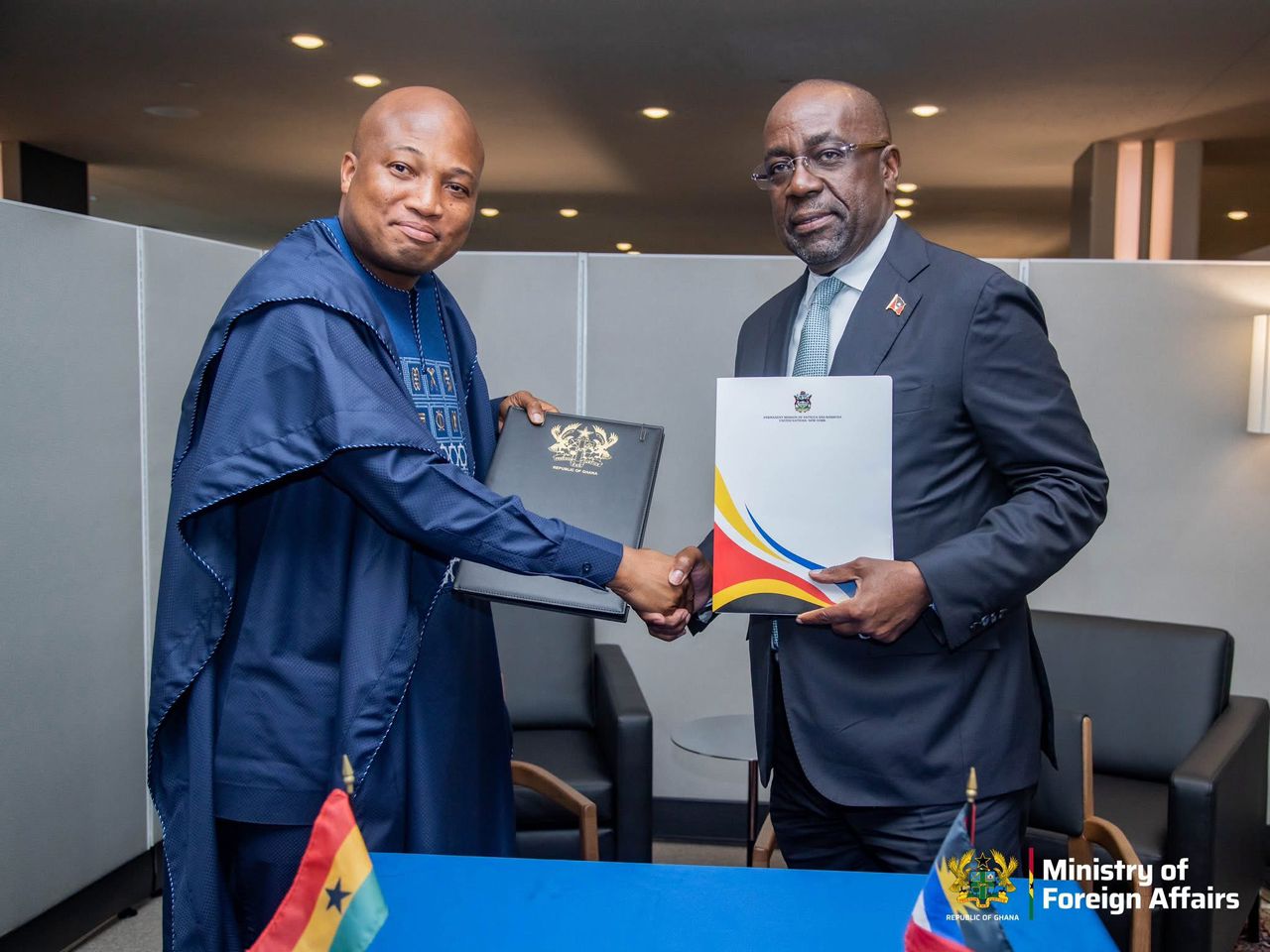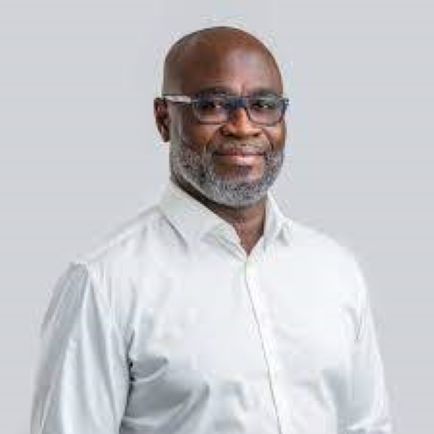
The wardrobe that outlived the empire
Africa stands independent in law, yet the mirror tells another story. Parliaments debate sovereignty and leaders proclaim freedom, but the fabric on our bodies whispers a truth. Step into a courtroom or boardroom in Accra, Lagos, Nairobi, or Johannesburg, and you will find wigs, heavy robes, and thick wool suits designed for a London winter rather than an African noon.
Cloth as a quiet language
Clothing is not only cloth. It is language. A robe declares power. A suit announces credibility. A wig signals tradition. Borrowed language can also betray insecurity. The judge, sweating under horsehair, gives a silent answer to a question of legitimacy. The director in a three-piece suit at thirty-five degrees repeats a proverb without words. The borrowed crown weighs heavier than gold.
Elegance against the weather
These garments were never designed for our weather or culture. They were tailored for Victorian winters and Edwardian rituals. Decades after political independence, many African professionals still wrap themselves in the fabric of their former colonisers, as if bare skin would reveal an unfinished freedom. It is a hot sun indeed when a continent chooses to sweat for the comfort of another people’s memory.
Satire in the sun
The spectacle can be hilariously tragic. In a Ghanaian courtroom, counsel adjust wigs while ceiling fans labour to move the air. In Nigeria, judges in thick robes endure equatorial heat to look proper. In Kenya, senior civil servants pose in British cut jackets while the humidity wilts their collars. It feels like governance as theatre, actors in imported costumes reciting the lines of sovereignty while sweating through shirts of subservience.
The joke that bites back
A young associate once joked that his legal wig felt like wearing a sheep on his head. His colleague replied that it was better to wear a sheep than invite a goat into your career. The joke lands because it contains a rule. In many professions, the colonial dress code still guards promotion. Conformity earns approval. Creativity is politely dismissed as unprofessional.
Proverbs in the fitting room
African proverbs are blunt. The one who wears another person’s clothes is careful not to sweat. Loyalty to colonial fashion is not a matter of taste. It is a metaphor for an imitative mindset that slows transformation. We keep the foreign suit clean while neglecting to weave our own fabric of progress. When the drumbeat changes, the dancer must change steps. Yet in many institutions, the drumbeat of independence plays while the dancers move in colonial rhythm. Our clothes can reveal what our speeches deny. Mental liberation still lags behind political freedom.
Signals from the top
Symbols matter. Nelson Mandela’s Madiba shirts became a manifesto that dignity can be dressed in colour, culture, and climate intelligence. In Ghana, presidents have often been seen wearing elegant African prints and the traditional northern smock. These choices respect identity and temperature. They also teach younger Africans that professionalism and authenticity are not enemies. But the lesson must move from example to standard.
From example to standard
Leadership by example is a strong start. Institutional adoption is the finish line. Courts, ministries, banks, and listed companies can set codes that reflect climate, culture, and global polish. There is no loss of seriousness when a judge dispenses justice in a breathable robe or when a chief executive signs a strategy in finely tailored local cloth.
Climate, comfort, and credibility
This is not a plea for costume. It is a call for relevance. Average temperatures in many African cities are rising. Health experts warn of heat stress and productivity loss. Yet boardrooms remain saunas of imported style. Imagine the gains if executives swapped heavy wool for premium lightweight fabrics designed for tropical conditions. Imagine the confidence of legal professionals wearing garments that symbolise African justice rather than European inheritance.
Lessons from Kigali and Kingston
Consider Rwanda, where ‘Made in Rwanda’ is more than just a slogan. Senior officials often appear in tailored local attire that meets high standards while respecting climate and culture. The Caribbean offers another guide. Jamaica abolished the mandatory wearing of wigs in most courts in 2011. Others followed. The legal system did not collapse. Justice did not evaporate. The sweat stopped.
The suit as a policy
Colonial clothing is more than a wardrobe. It is a metaphor of the mind. A society that insists on wearing other people’s clothes may also insist on borrowing their economic models, legal systems, and development strategies without adaptation. The suit that suffocates the body often travels with policies that suffocate the economy. As wool traps heat, unexamined habits trap potential.
Appearances and the price we pay
When policymakers adopt foreign solutions without local innovation, they repeat the mistake of the sweating lawyer, enduring discomfort to maintain appearances. Whether it is macroeconomic policy copied from elsewhere or a school syllabus imported whole, the continent continues to wear ill-fitting models in the name of progress.
History’s tailor
History offers a kinder script. Japan modernised while keeping a clear cultural centre. India elevated khadi during its independence journey to signal self-reliance. China turned simple uniforms into an emblem of national purpose before evolving into contemporary Chinese fashion. Bhutan protects the national dress as a daily statement. In the Gulf, leaders sign major deals in clothing designed for desert conditions. Modernity does not demand self-denial. The river that remembers its source flows with confidence to the sea.
Street couture, boardroom lag
The African street often leads while the elite hesitate. Designers in Lagos, Accra, Dakar, and Johannesburg blend modern tailoring with traditional textiles. From kente-inspired business wear to linen agbadas with contemporary cuts, they prove African professionalism can be cool in every sense of the word. Fashion weeks attract global attention, yet many boardrooms still cling to the colonial uniform for serious occasions.
The economics of authenticity
There is also hard economics. The continent imports large volumes of textiles and garments each year to maintain inherited dress codes. Redirecting even a fraction of that spend toward local designers and fabric producers would create jobs, support creative industries, and strengthen national brands. Ghana’s revived smock, Nigeria’s aso oke, and South Africa’s burgeoning design sector demonstrate how cultural pride can become an economic opportunity.
Choice, not compulsion
None of this requires a ban on suits or a bonfire of wigs. It requires choice and consciousness. Let those who prefer Western attire wear it by preference, not by inherited obligation. Let boardrooms recognise that credibility is measured by competence, not by the thickness of a jacket. Let judges deliver justice in garments that respect both tradition and temperature. The goal is not defiance. It is coherence.
Change the rules, change the culture
Culture changes when rules, incentives, and symbols change together. Boards can update dress codes to include formal African attire as a first option. Courts can retire archaic headpieces and adopt breathable robes with African detailing. Public procurement can run open competitions for locally produced official fabrics that meet strict quality and sustainability standards. Media can celebrate leaders who dress with climate intelligence. Consumers can reward brands that elevate local craft without tokenism.
Proof of capacity
The continent has already shown its capacity to leap. Mobile money reimagined payments from the ground up. African airlines are respected across continents. Morocco has built competitive automotive and aerospace clusters. Kenya leads on geothermal power. Ghana and Nigeria have creative industries that export style and story. A region that can do all this does not need to sweat under someone else’s clothes to look professional.
The final fitting
The inconvenient truth is that the colonial wardrobe still hangs in our mental closet. Every wool suit in the tropics, every courtroom wig in humidity, every undershirt worn to impress an external ideal is a reminder that freedom is more than a flag. Political independence was the first fitting. Mental liberation is the final tailoring. When clothes change, conversations follow. When conversations change, contracts follow. When contracts change, economies move.
Cut a new pattern
It is time to cut a new pattern. Dress codes are small levers with large effects. They signal who belongs, what is valued, and where money flows. Align them with climate, culture, and competence, and they become instruments of dignity and development. Ignore them, and they remain quiet vetoes on authenticity and productivity.
We can honour the past without living in its wardrobe. We can be global without dressing against our own sky. The world will not respect Africa because we look like London. It will respect Africa when we deliver like Africa at its best. The heat is real, and so is the opportunity. Let us dress our minds and then our bodies for the task at hand.
>>>the writer is a globally celebrated thought leader, Chartered Director, industrial engineer, supply chain management expert, and social entrepreneur known for his transformative contributions to industrialisation, procurement, and strategic sourcing in developing nations.
As Africa’s first Professor Extraordinaire for Supply Chain Governance and Industrialization, he has advised governments, businesses, and policymakers, driving sustainability and growth. During his tenure as Chairman of the Minerals Income Investment Fund (MIIF) and Labadi Beach Hotel, he led these institutions to global recognition for innovation and operational excellence. He is also the past chairman of the Public Procurement Authority.
A prolific author of over 90 publications, he is the creator of NyansaKasa (Words of Wisdom), a thought-provoking platform with over one million daily readers. Through his visionary leadership, Professor Boateng continues to inspire ethical governance, innovation, and youth empowerment, driving Africa toward a sustainable and inclusive future.
The post The Inconvenient Truth with Professor Douglas BOATENG: The empire in our wardrobe: Independence redrew borders; the wardrobe stayed behind. Let purpose, not nostalgia, set the code appeared first on The Business & Financial Times.
Read Full Story














Facebook
Twitter
Pinterest
Instagram
Google+
YouTube
LinkedIn
RSS